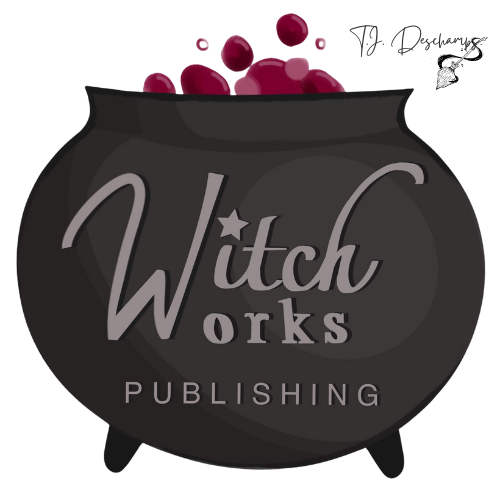Traditional Publishing vs Self-publishing
Share

In the movies, a writer types "The end" and then sends his or her manuscript off to their agent. The novel is instantly published and becomes a bestseller. We hear stories about authors living out of their car getting their book published and then become overnight successes, making millions if not billions. Let me break it to you gently. This will not be you. There is little of the reality of cold querying agents and getting back form rejections, no tales of the slush pile (which is a thing you should be aware of) in the Hollywood version of becoming an author.
Ever visit a site called Twitter? Why are there so many authors on social media shilling their stuff or spouting their opinions? Because they have a person within their publishing company or have attended an indie author workshop that says they need to have a public presence to sell their books. Which leads me to another fairytale.
In the movies, publishing companies give an author a publicist or a whole team of people, who books them at all kinds of readings and public events to promote their book. They have people who manage their emails and websites, and social media. This is only partly true. After interviewing many traditionally published authors, I hear the same thing. The Big Five promotes your work for a few months, but they also expect you to be selling your work, out there on social media, managing your blog, and gaining public interest in general.
If you're doing all this work, why pick traditional publishing?
Good question.
A traditional publishing house will offer you an advance. This could be a small or large sum of money (no, not millions.), and the amount is not something that authors will discuss. This is money you can use to pay rent, bills, etc. up front.
What many don't realized is that it's an advance against royalties. (Royalties are the percentage of the total sale the authors earn. Sometimes it's a pretty low percentage. ) In other words, the publishing house is betting on your book earning at least the amount they're offering. You will not start seeing money from sales in the form of royalties until your book "earns out". Meaning, after the publishing company has made more in sales than the advance they gave you and that is out of your percentage, not the total of the sales amount.
The problem with that is that sometimes around the same time a book has "earned out" the publishing house is no longer promoting your book. It's up to you to promote and generate more sales. This is why many authors have a day job, or keep pumping out books, or both. Published authors often hustle many writing-related gigs to make ends meet.
Publishing houses provide professional cover art. However, the author often gets little say in what that cover will look like. Very few big houses give the author final say.
Which brings me to the next perk of a traditional publishing, professional editors. They will help you make not only the story better, but marketable. Some authors love their editors, and honestly, most publishing house editors do want to put out the best work possible and help make your baby shine. However, some authors have complained that after they made all the changes, they no longer recognized the book they wrote. One author in a workshop explained they were in tears and almost broke contract. Some big names, who've been putting out books for over thirty years, refuse to let an editor touch their work (a few should really reconsider.)
The publishing house will pick your title. That's right. In some cases, you as an author, do not get to name your book. These people are experts. They know what's marketable.
Literary awards often nod to traditionally published authors. Though, a few are picking up indie authors.
Alright, enough about traditional publishing. Why should I self-publish?
(If you're expecting rainbows and lollipops, and ticker tape parades for overnight successes, just stop reading here.)
If you self-publish:
1. You get a larger percentage of your royalties. (Sorry to break it to you, but Amazon and other places who allow you to self-publish ebooks take a percentage of your royalties. It's around 30% just for the privilege of them hosting your baby.)
2. You get complete creative control over your story, your cover, and your title.
3. You get to hire an editor. You also get to pay said editor upfront, so instead of getting money upfront borrowed from future sales as you would with a publishing house deal, you will be borrowing from future sales. At least you get final say, right? Make sure that's in the contract with the editor. (Also, make sure you don't have to feature their name on the cover as a contributor. Yeah, give them credit in the interior. )
4. You are responsible for your own promotion. Any event you go to, you've got to book it and not just show because the house wants you to. There are obvious pros and cons to this.
5. You don't have to ask permission for anything. You own the rights to your book. You set the price, you do the marketing, you can take it down and change the cover. It's all you. However
Indie Presses
There is one thing worth mentioning. Small presses, not vanity presses, but small, independent publishers offer a lot more in the way of creative control but often don't pay out the big advances. They are a viable alternative to the big houses.
Hybrid Authors:
Sounds like something out of a sci-fi movie, but a lot of authors are signing some of their books with traditional presses and self-publishing other works.
There are a lot of in-between options out there. I suggest doing your research to decide what works best for you.
Written material ©Tammy Deschamps
Image by ClarissaBell from Pixabay
